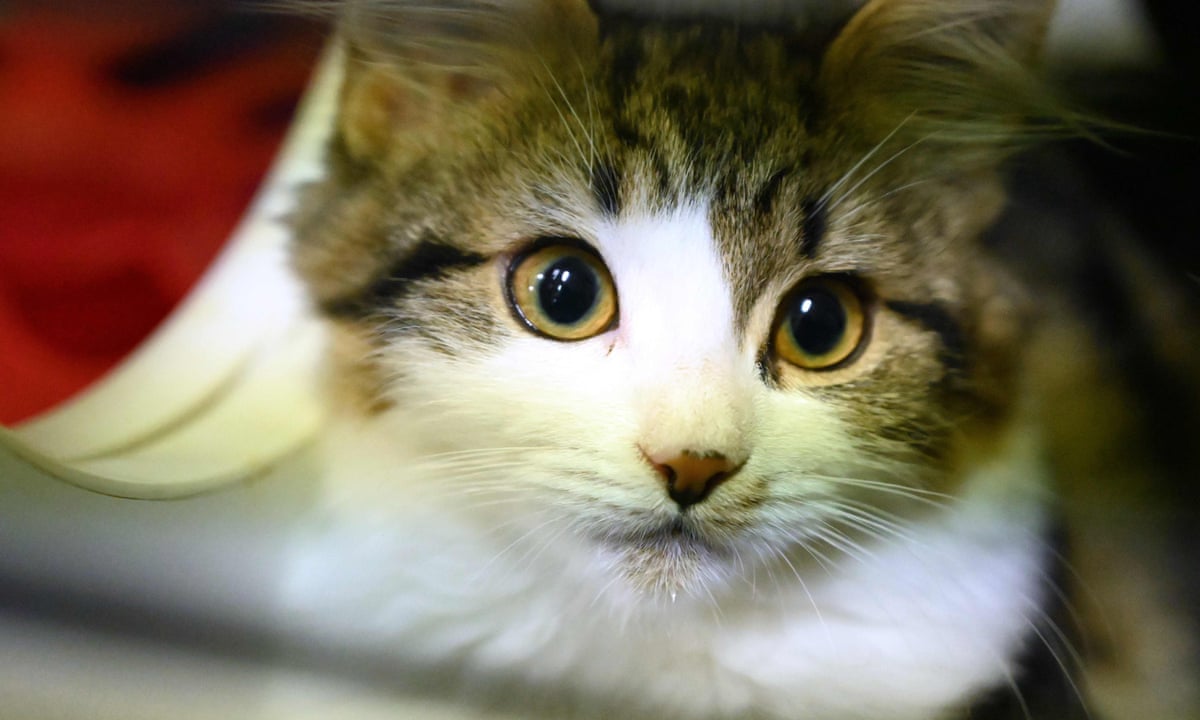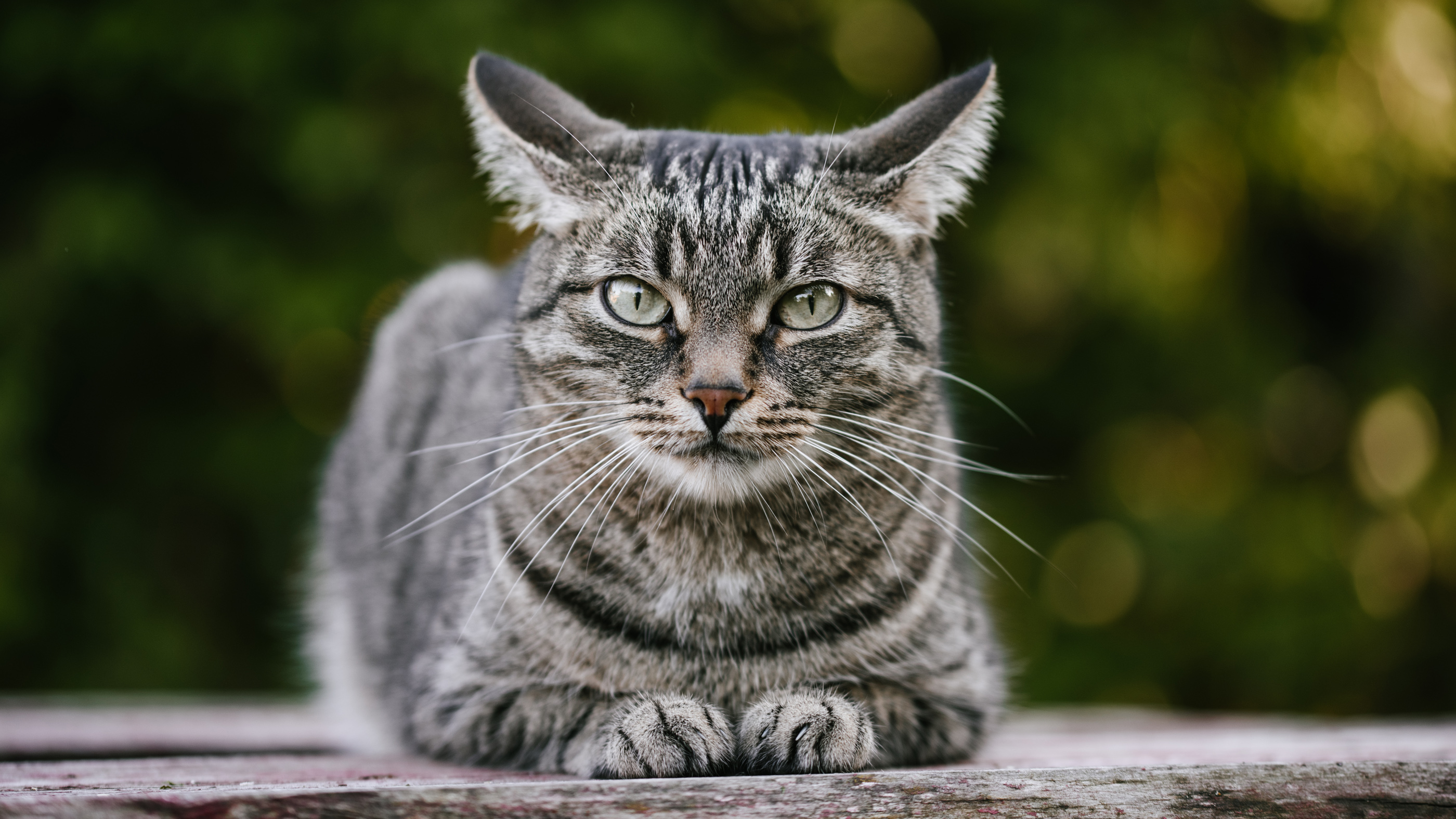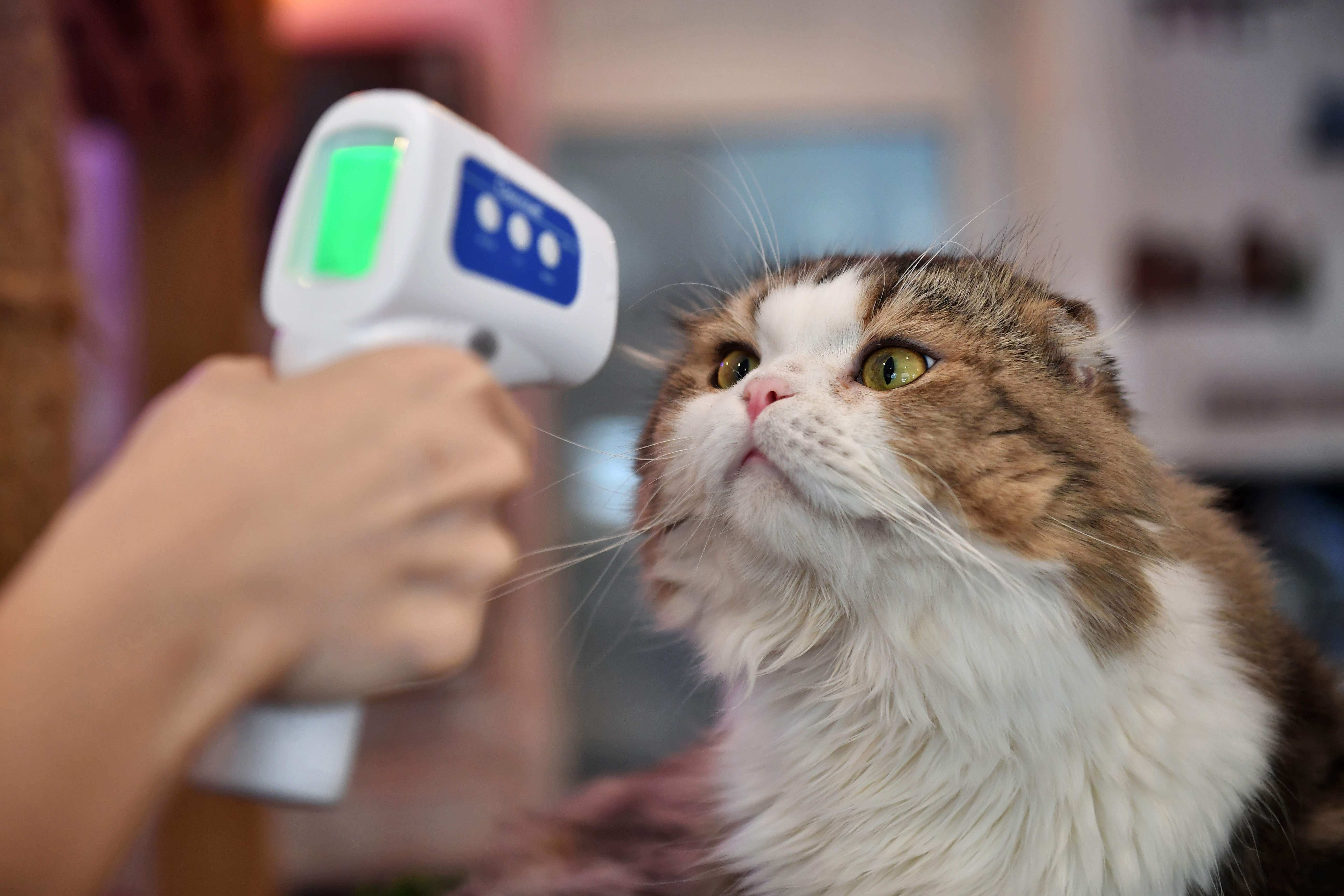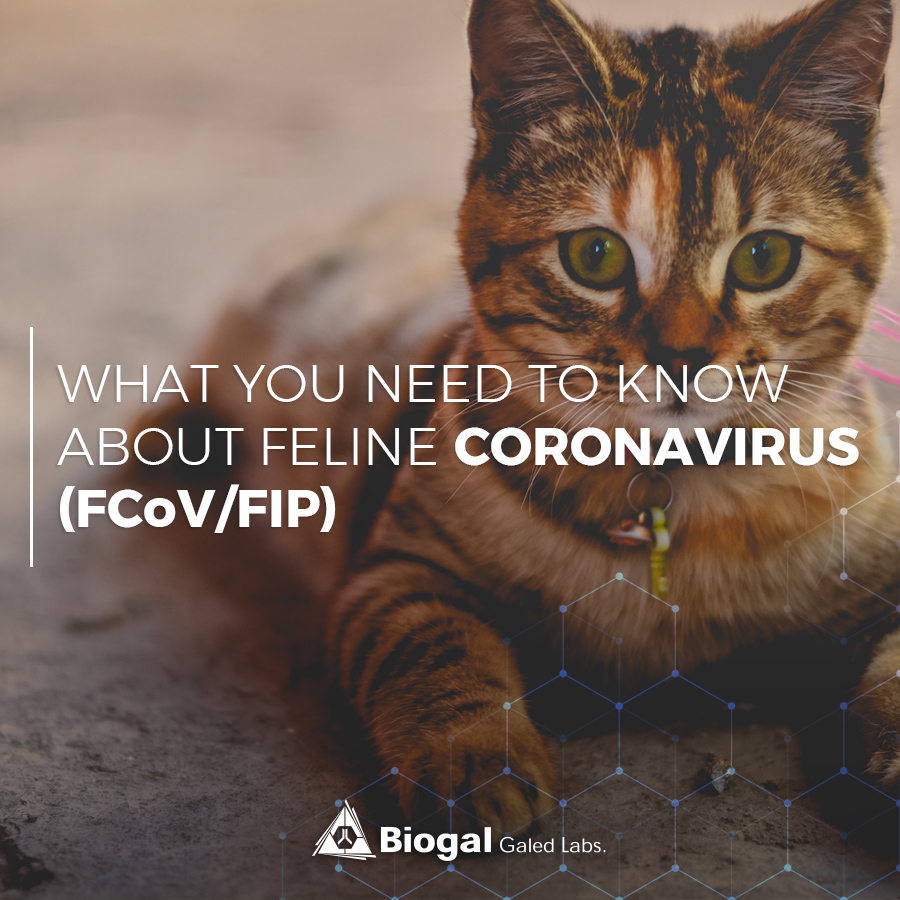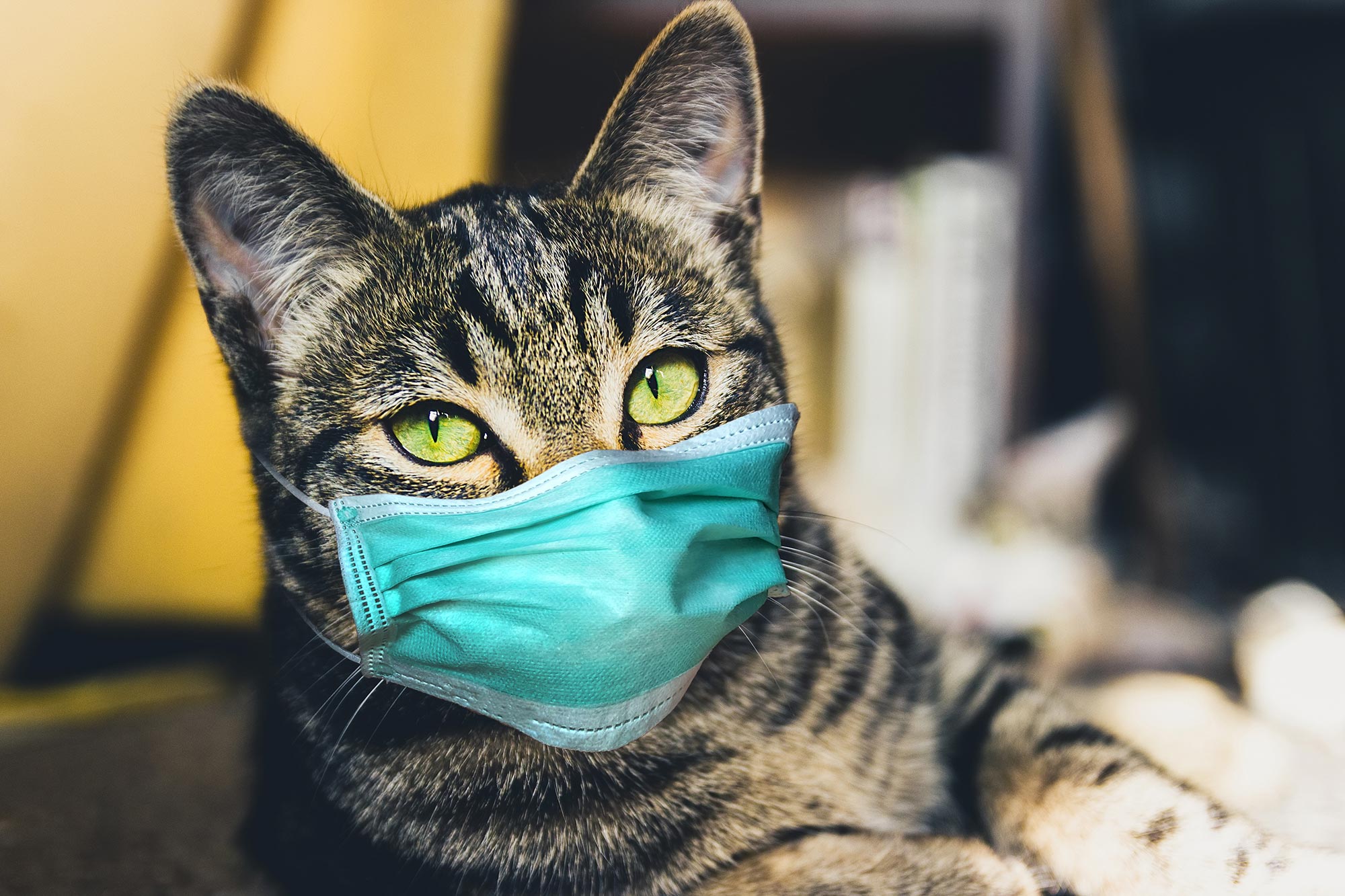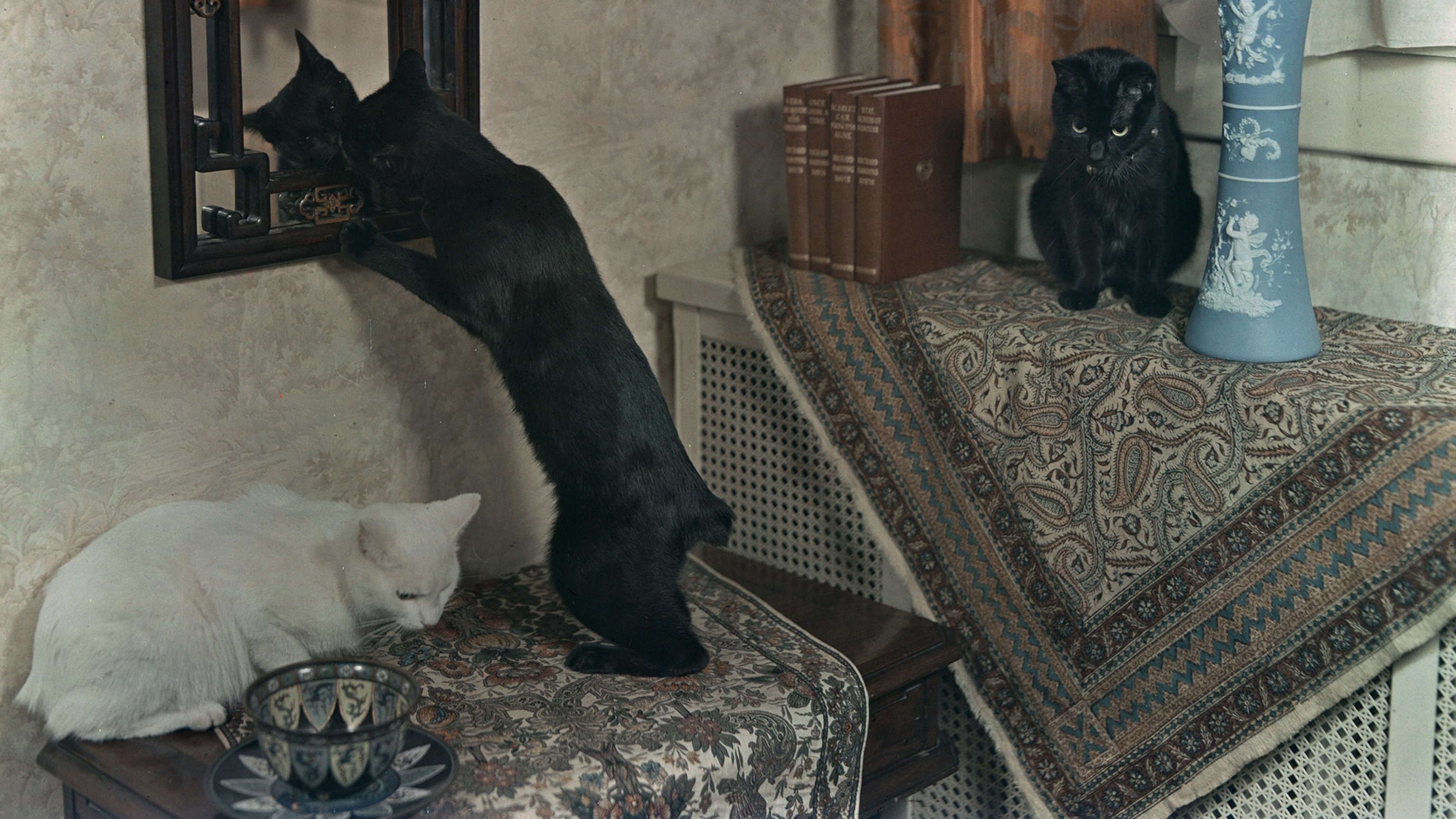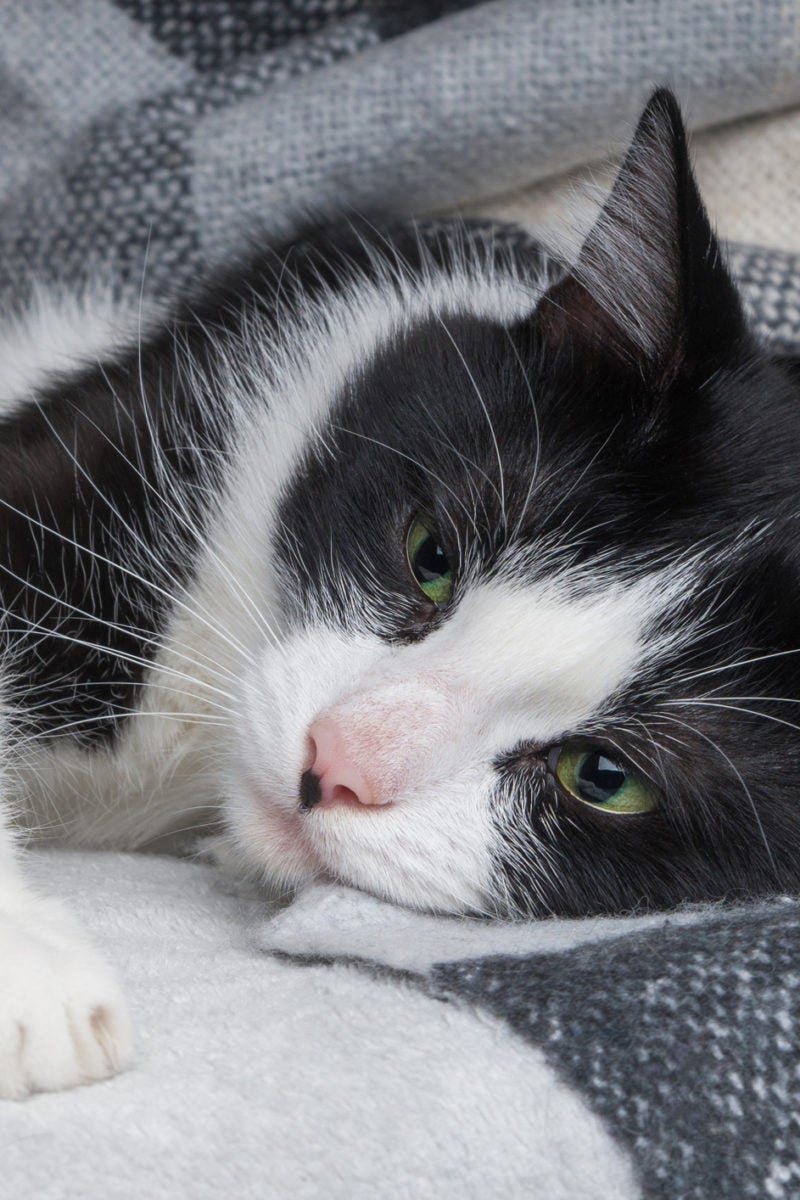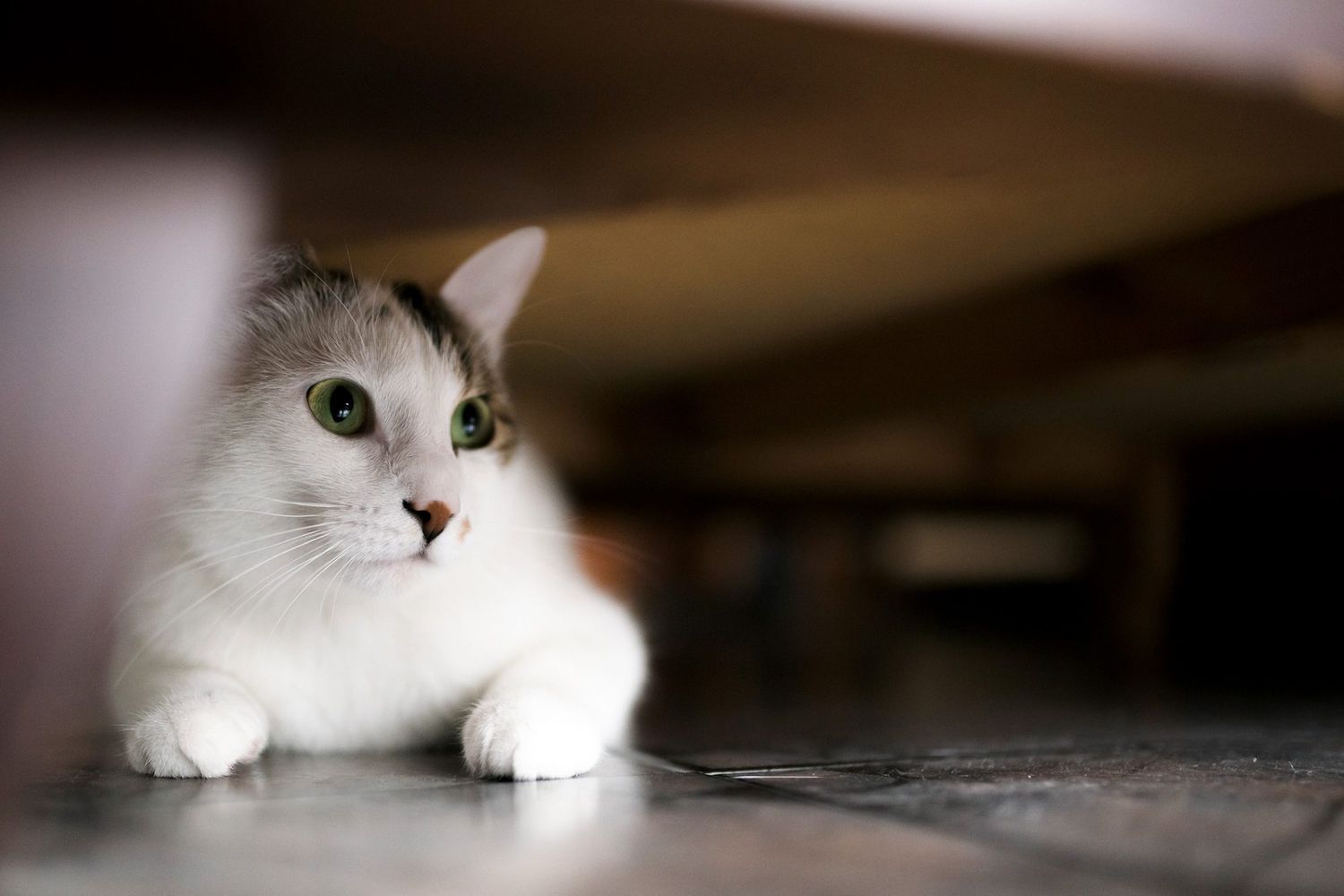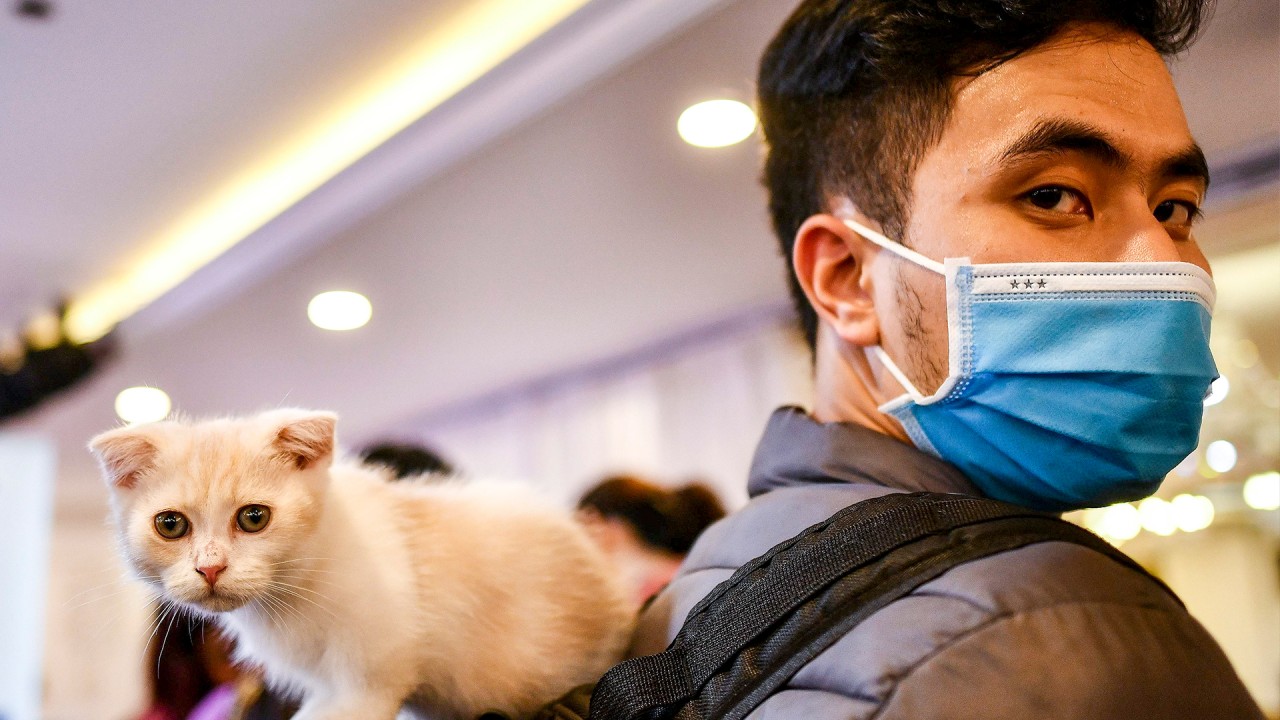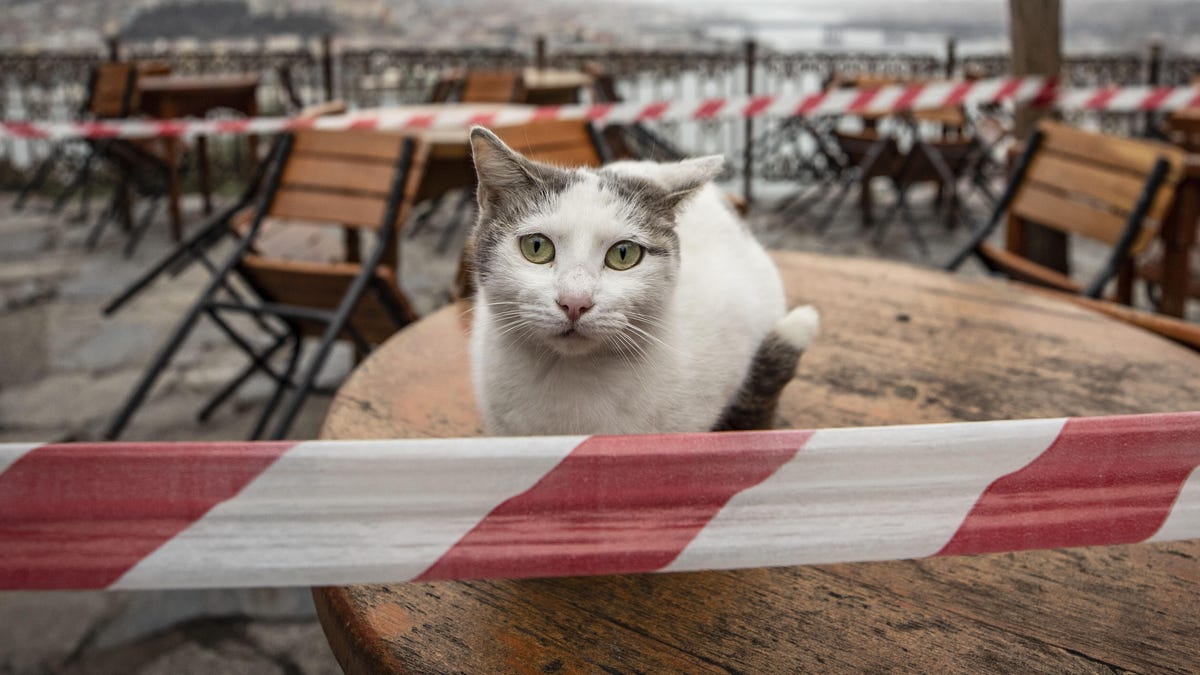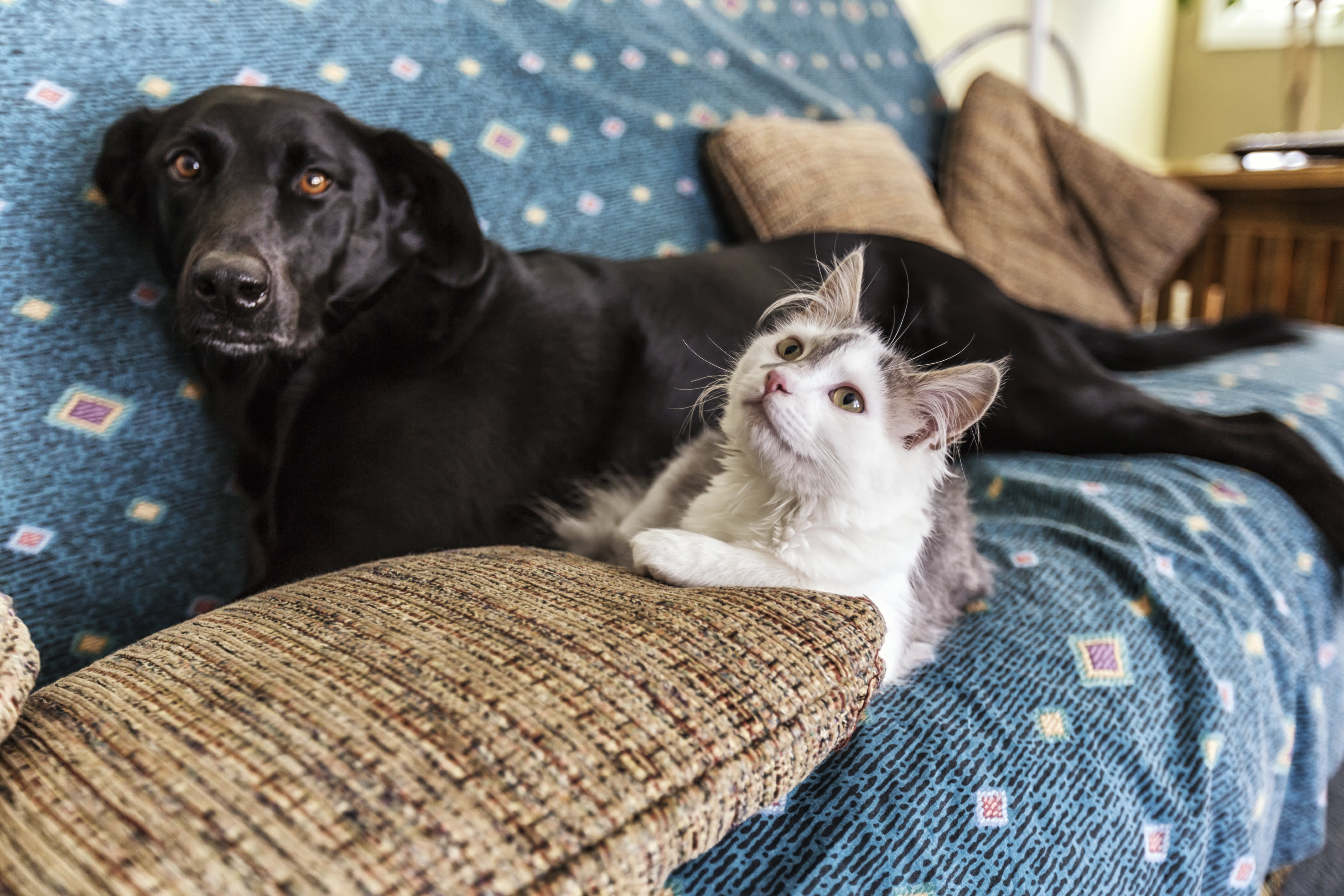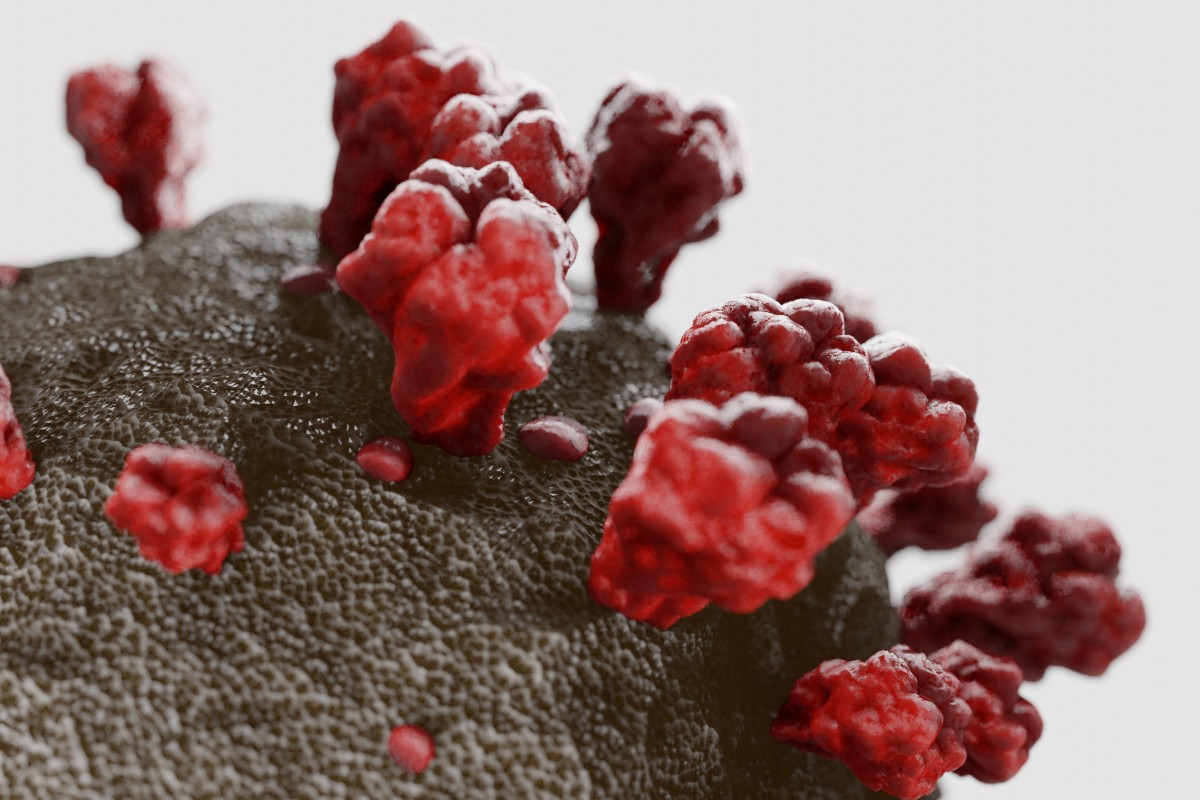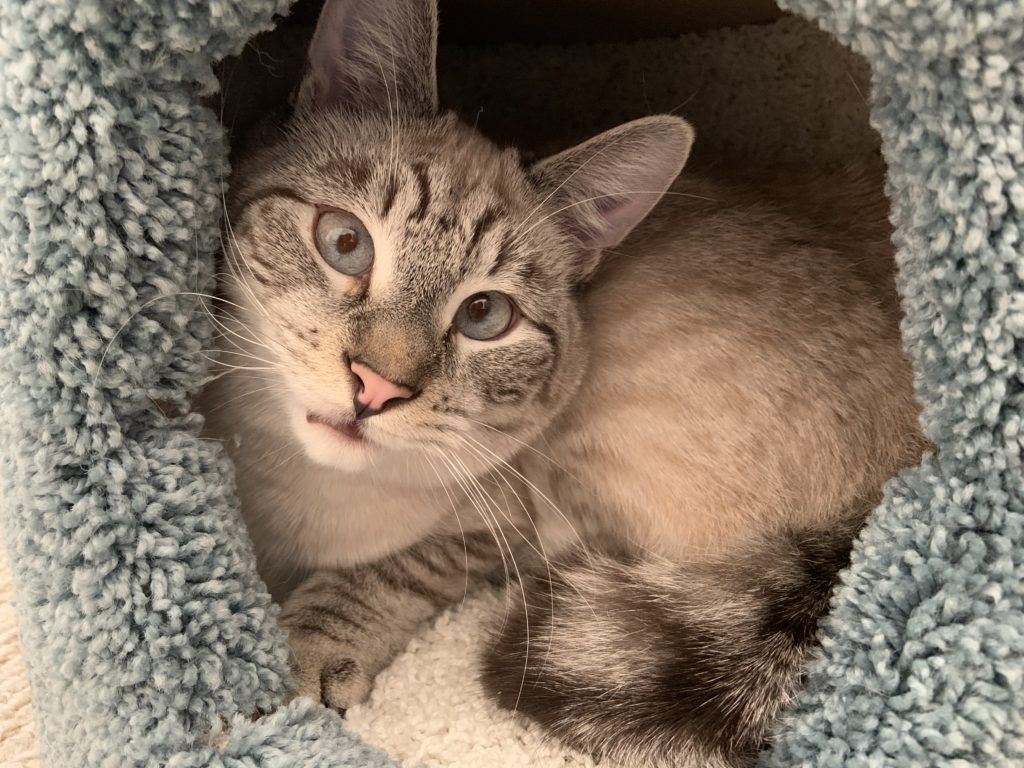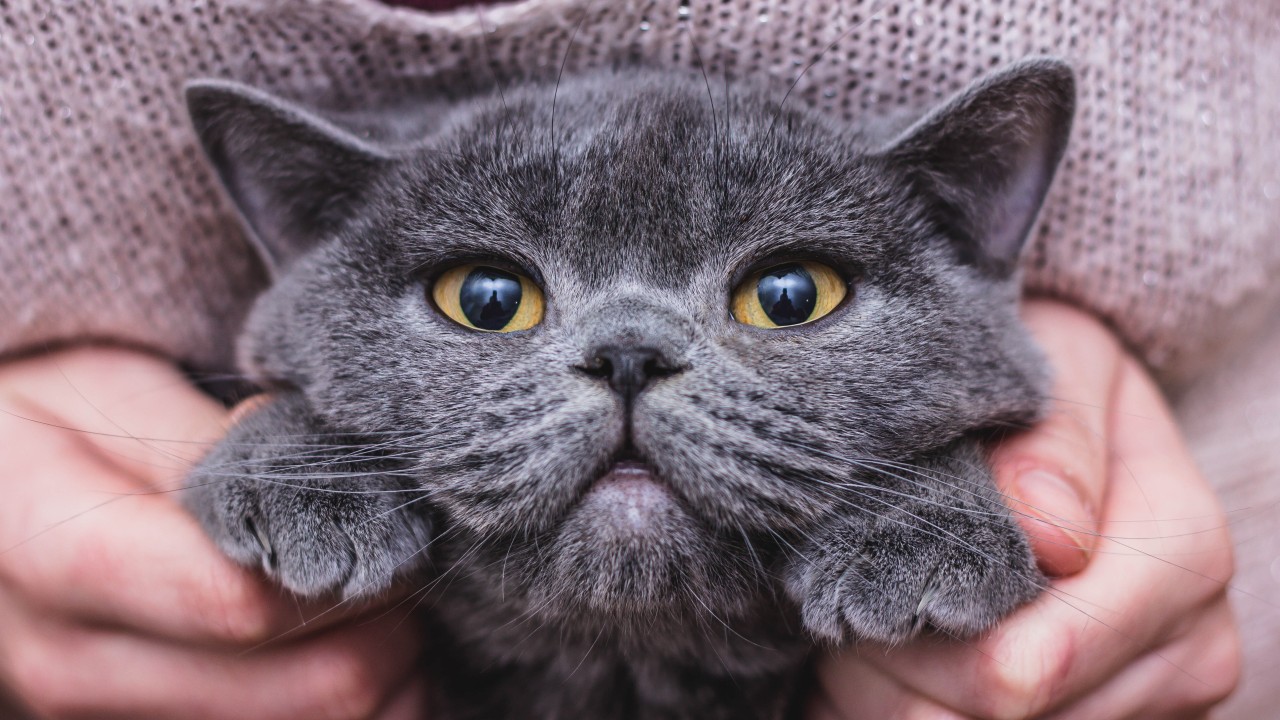Domestic Cat Coronavirus Symptoms

As yet poorly understood changes in the virus can give rise to mutants that lead to the.
Domestic cat coronavirus symptoms. The cat showed symptoms of diarrhoea vomiting and coughing. But cat owners should not be alarmed just. If youve been diagnosed with are suspected of having or are displaying characteristic symptoms of coronavirus COVID-19 it is advisable to minimise the amount of time your cat spends outdoors unsupervised.
The pets that did become ill only experienced mild symptoms and could be cared for at home. In the naturally occurring case of feline COVID-19 from Belgium the cat developed GI and respiratory problems and recovered within nine days. The cat was taken to the vet with nasal discharge and conjunctivitis but its symptoms remained mild and the cat later recovered.
The cat had symptoms including difficulty breathing vomiting and diarrhea after its owner tested. Cats appear to be at least mildly susceptible to COVID-19. At this time there is no evidence that any animal or pet can infect humans with the new coronavirus.
In the world there are only. Some coronaviruses such as canine and feline coronaviruses infect only animals and do not infect people. Pet cuddles warning after cats infected with coronavirus by owners.
The animal displayed anorexia vomiting diarrhoea breathing difficulties and cough but its symptoms started improving on their own nine days after the onset of the disease. This virus is not the same coronavirus that can cause the common cold in humans nor is it the same as canine coronavirus CCoV. If possible keep your cat indoors if they are happy to be kept indoors.
Although a cat was diagnosed with Covid-19 showing symptoms such as diarrhea vomiting and respiratory issues after being infected by its owner experts insist that this was a rare case. None of them died. The news comes as a domestic cat tested positive for the COVID-19 virus in Belgium.


